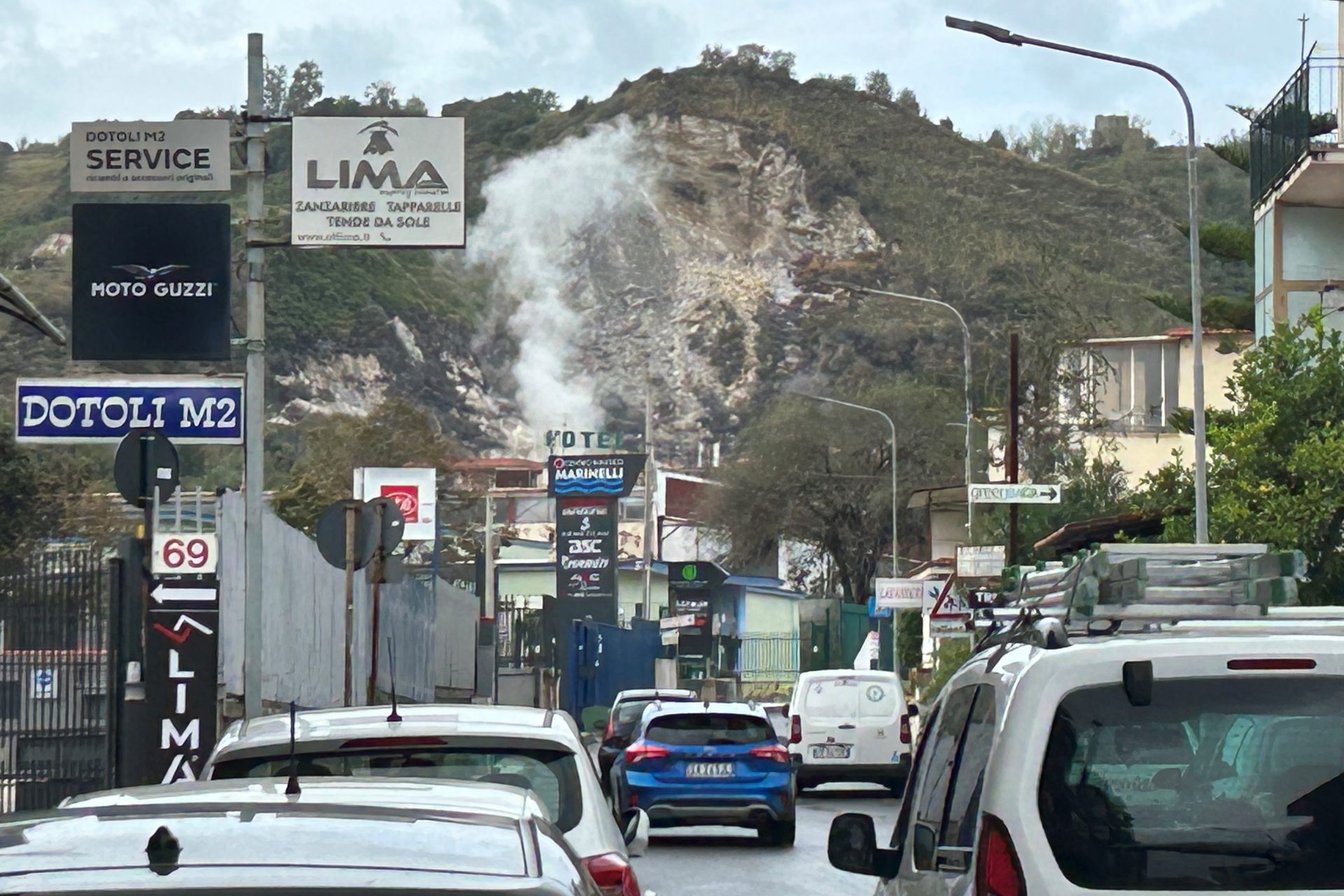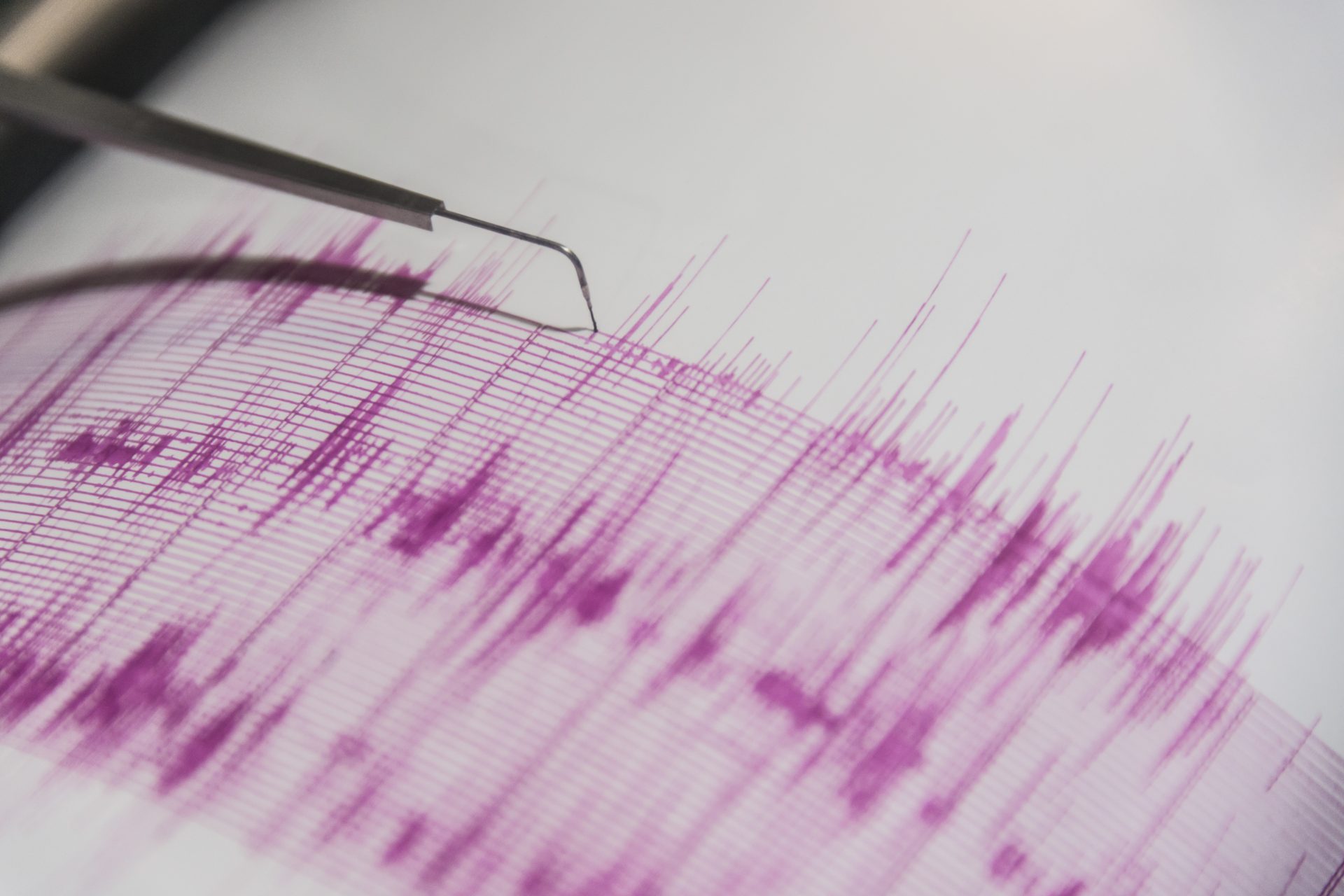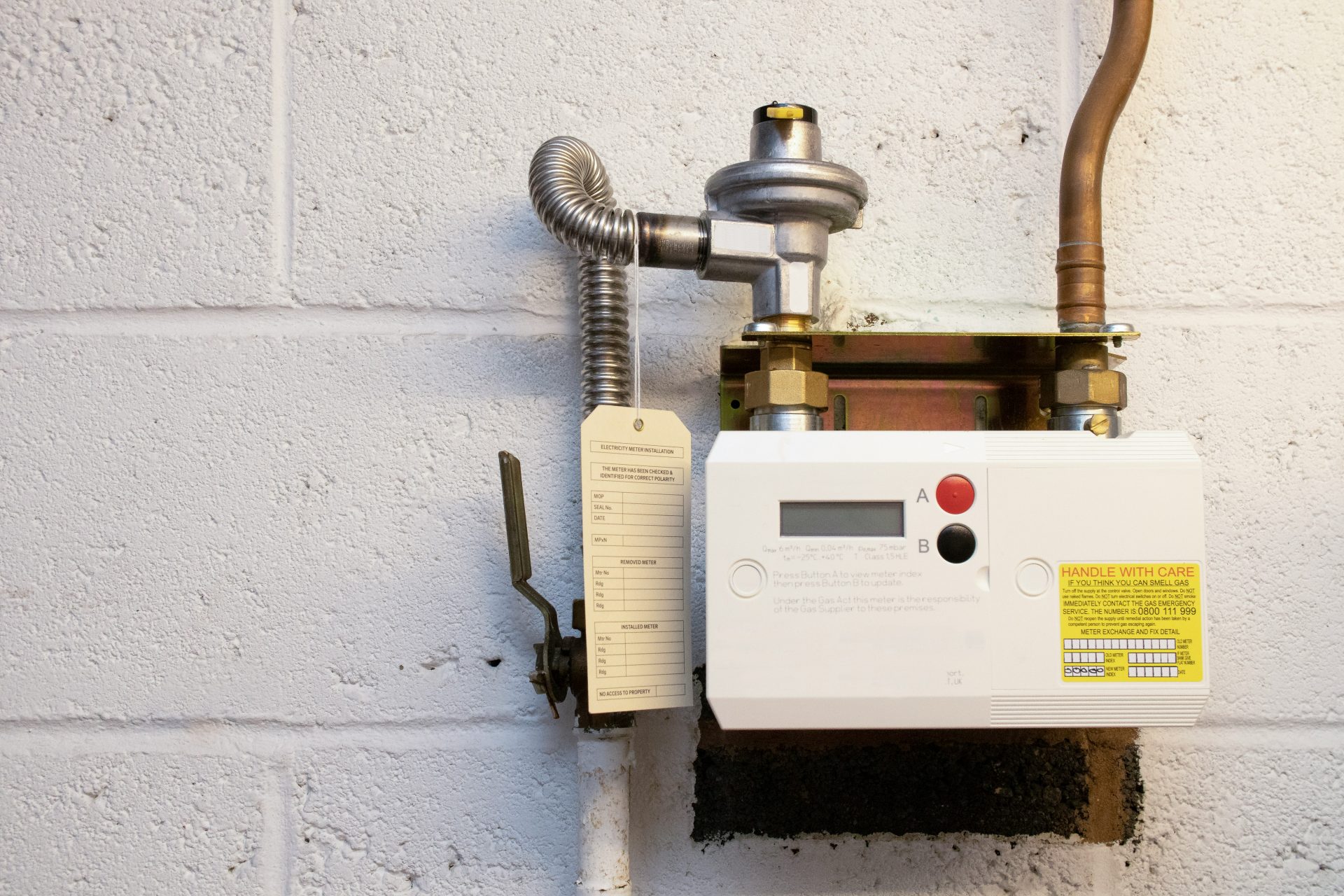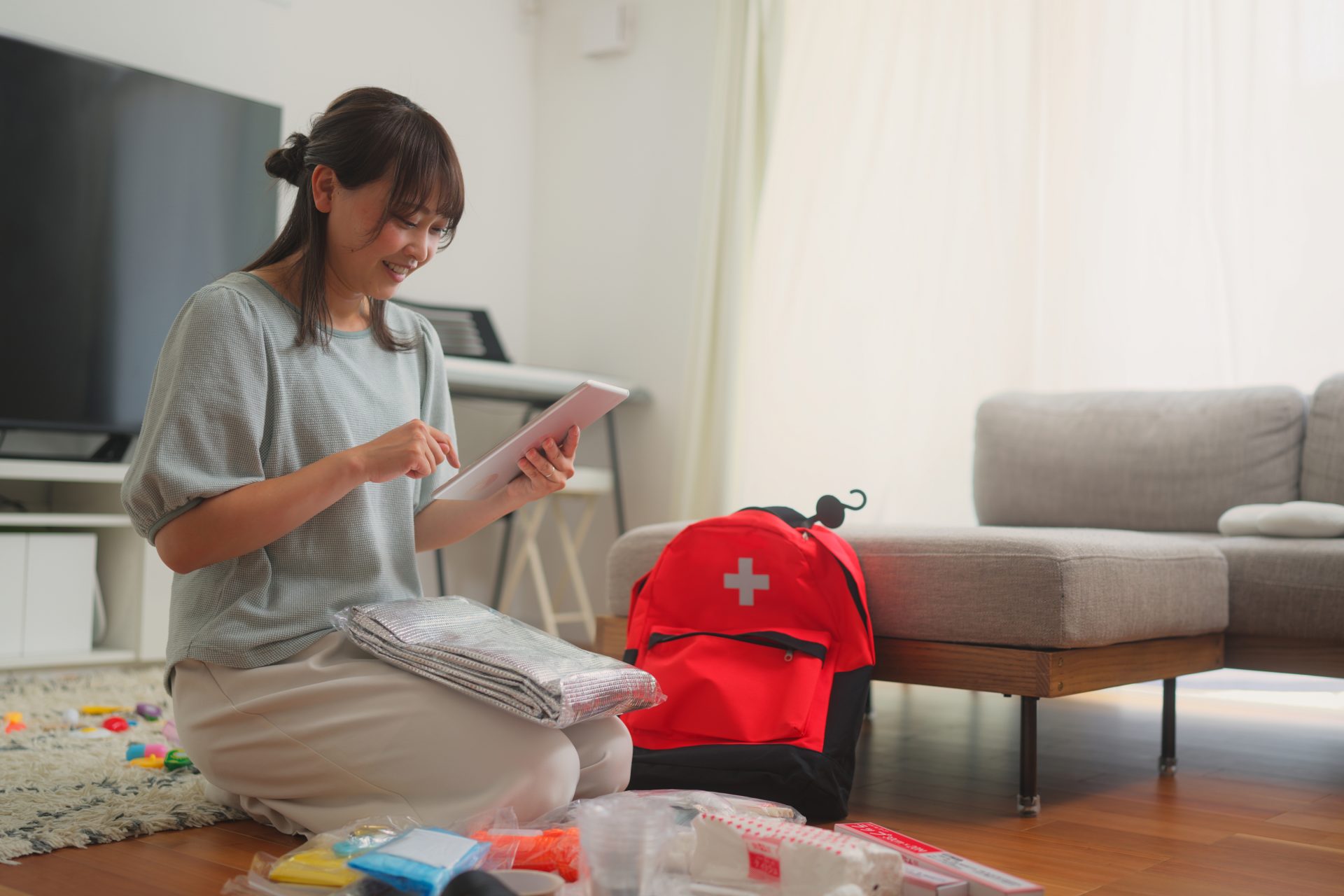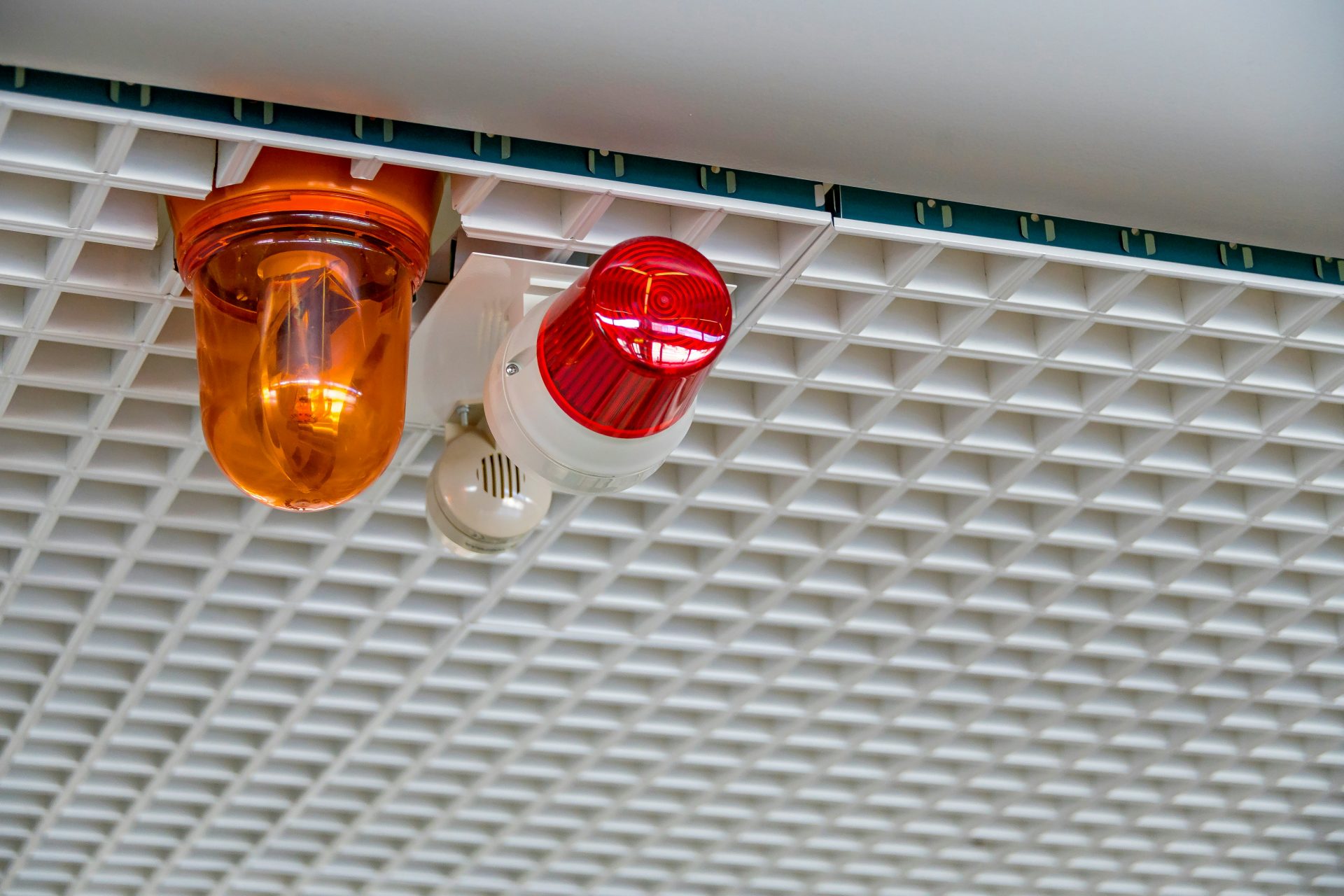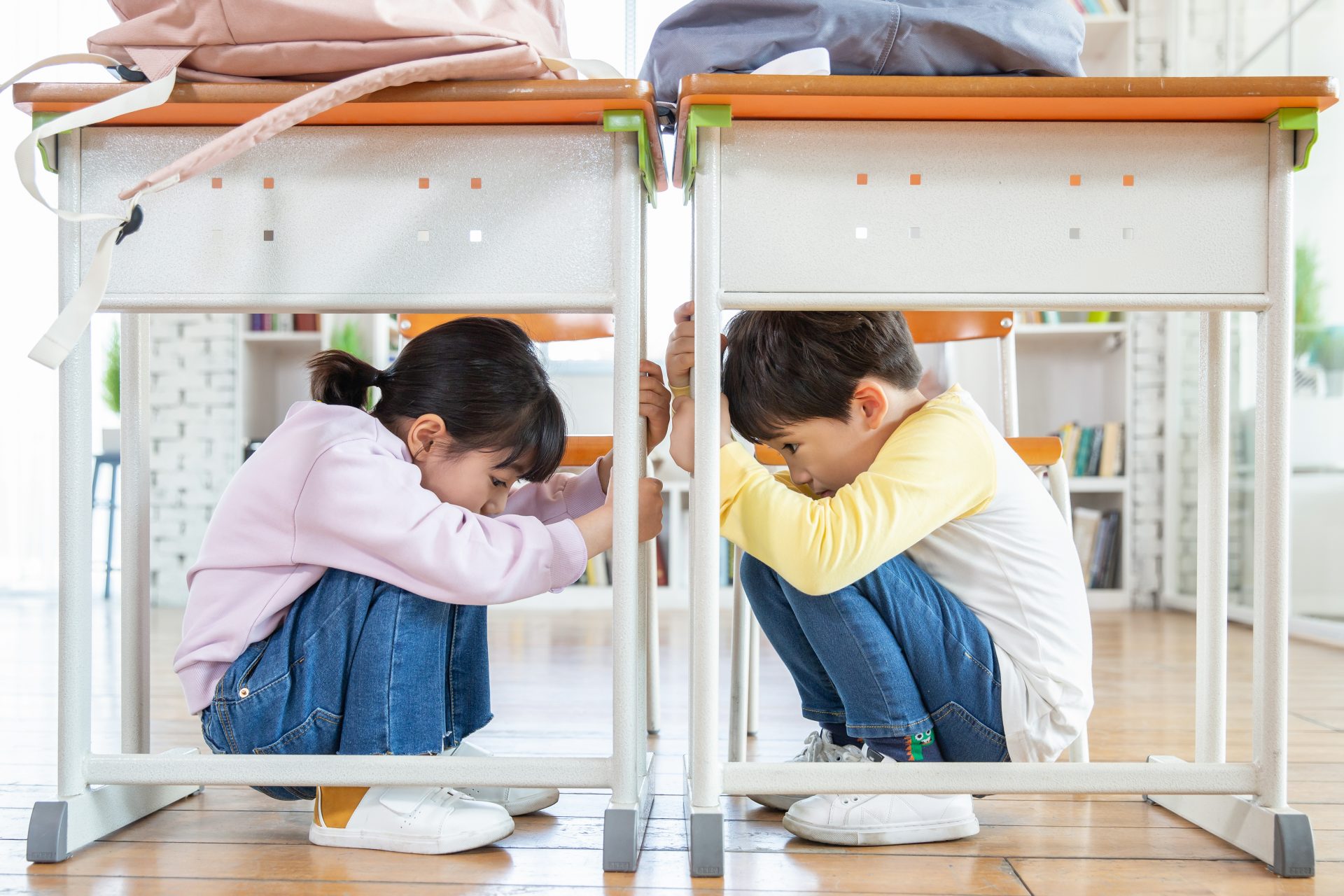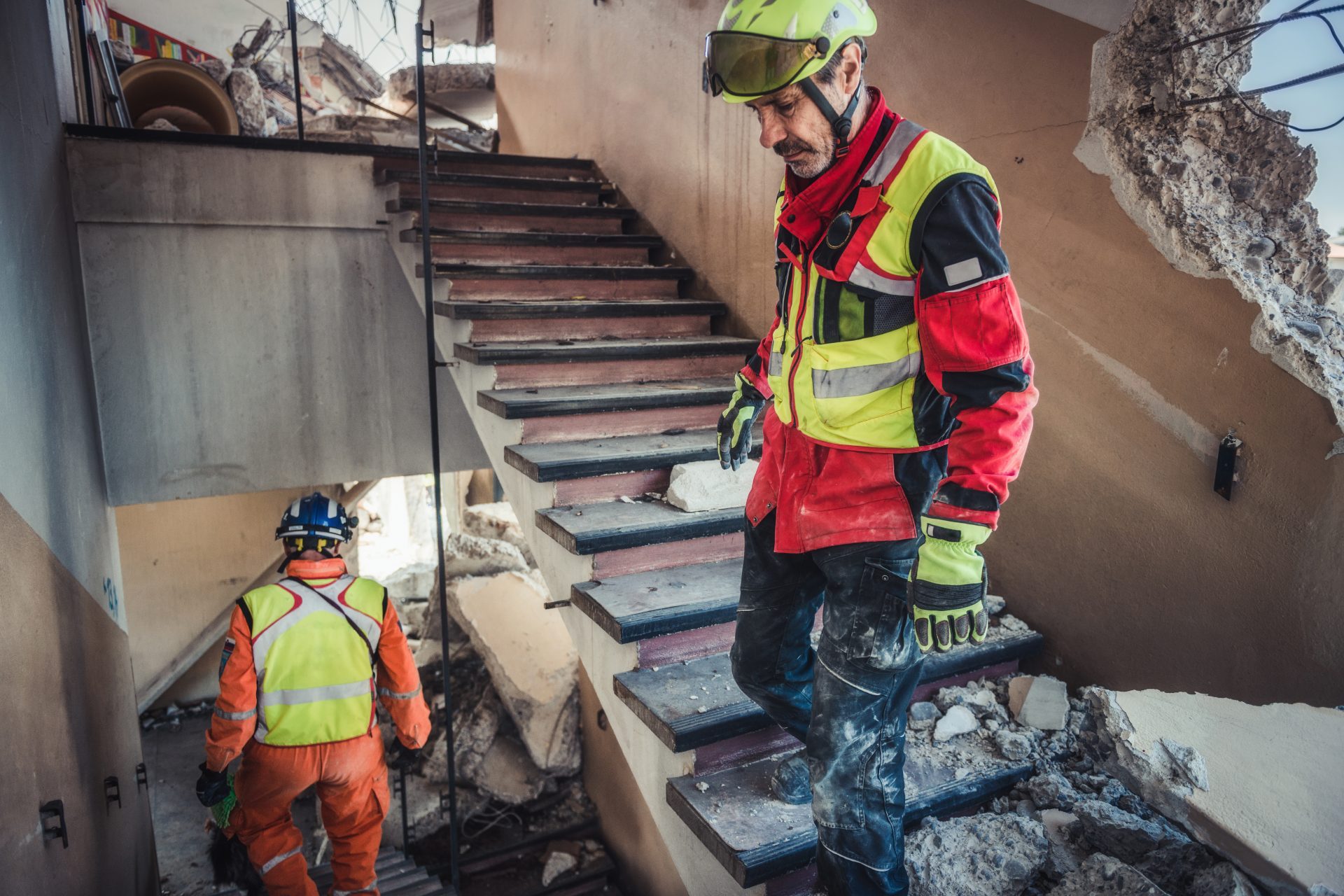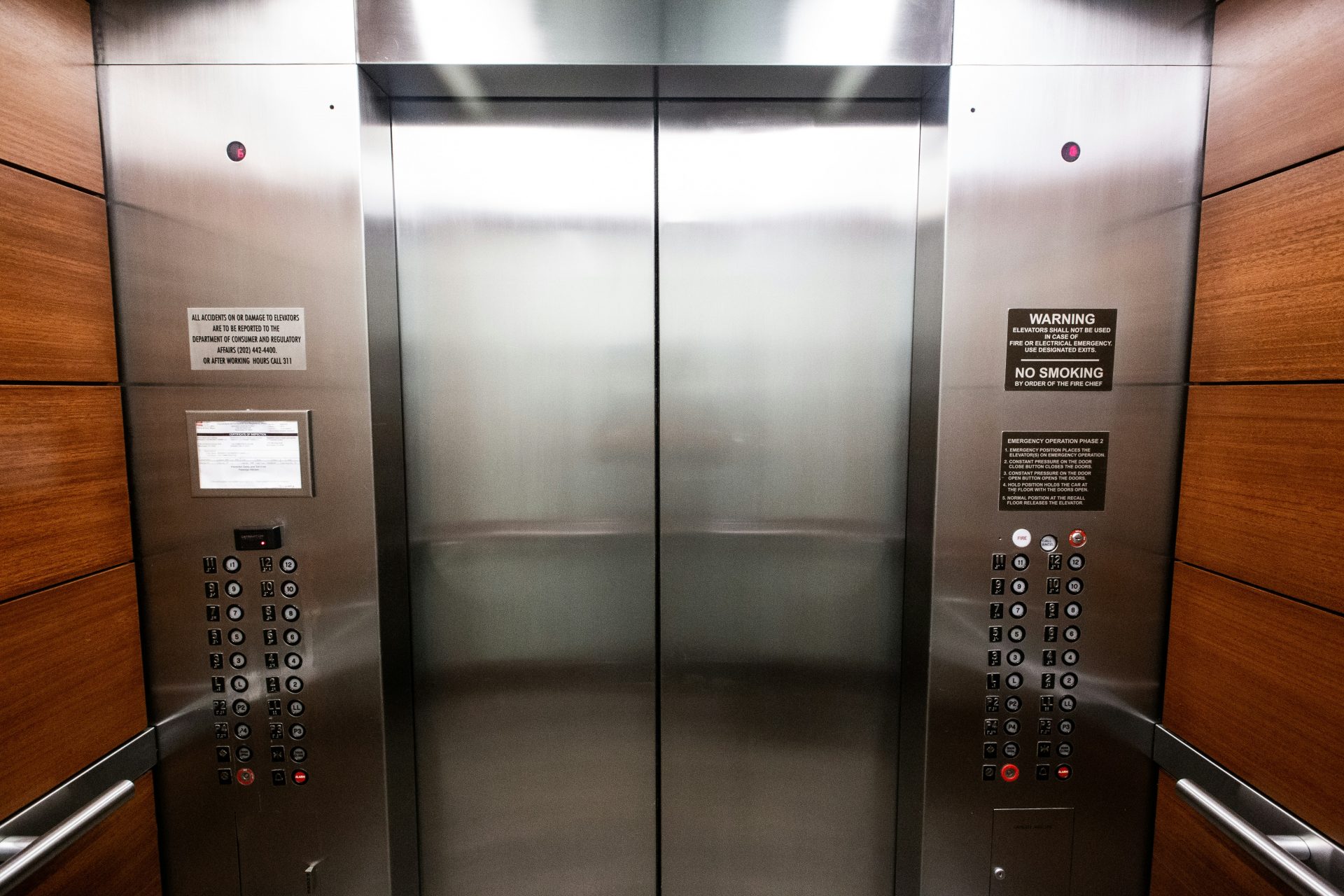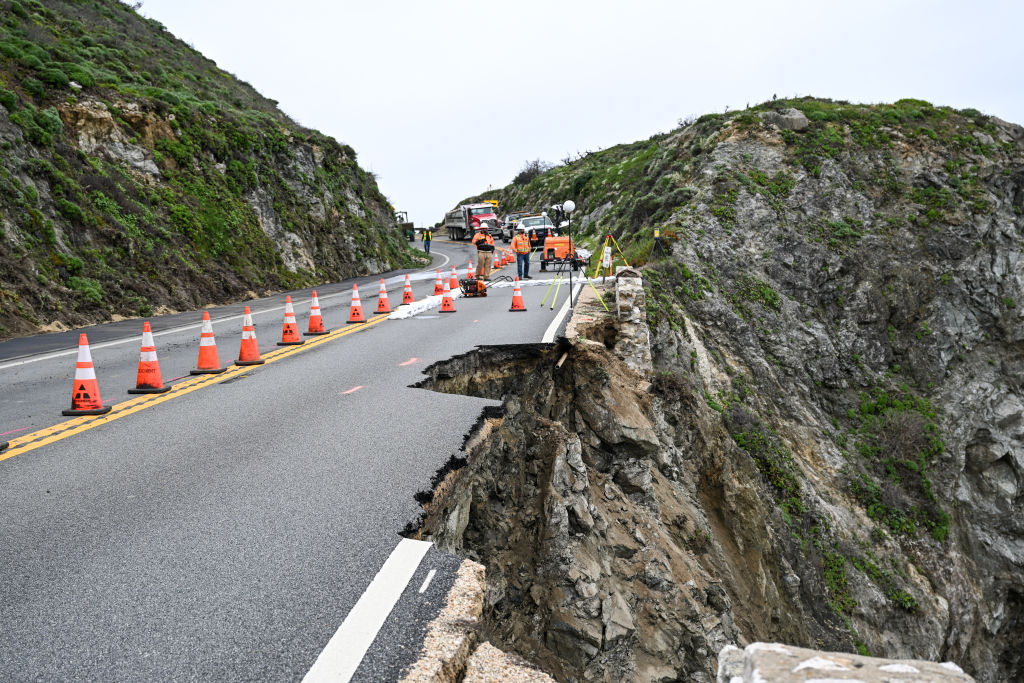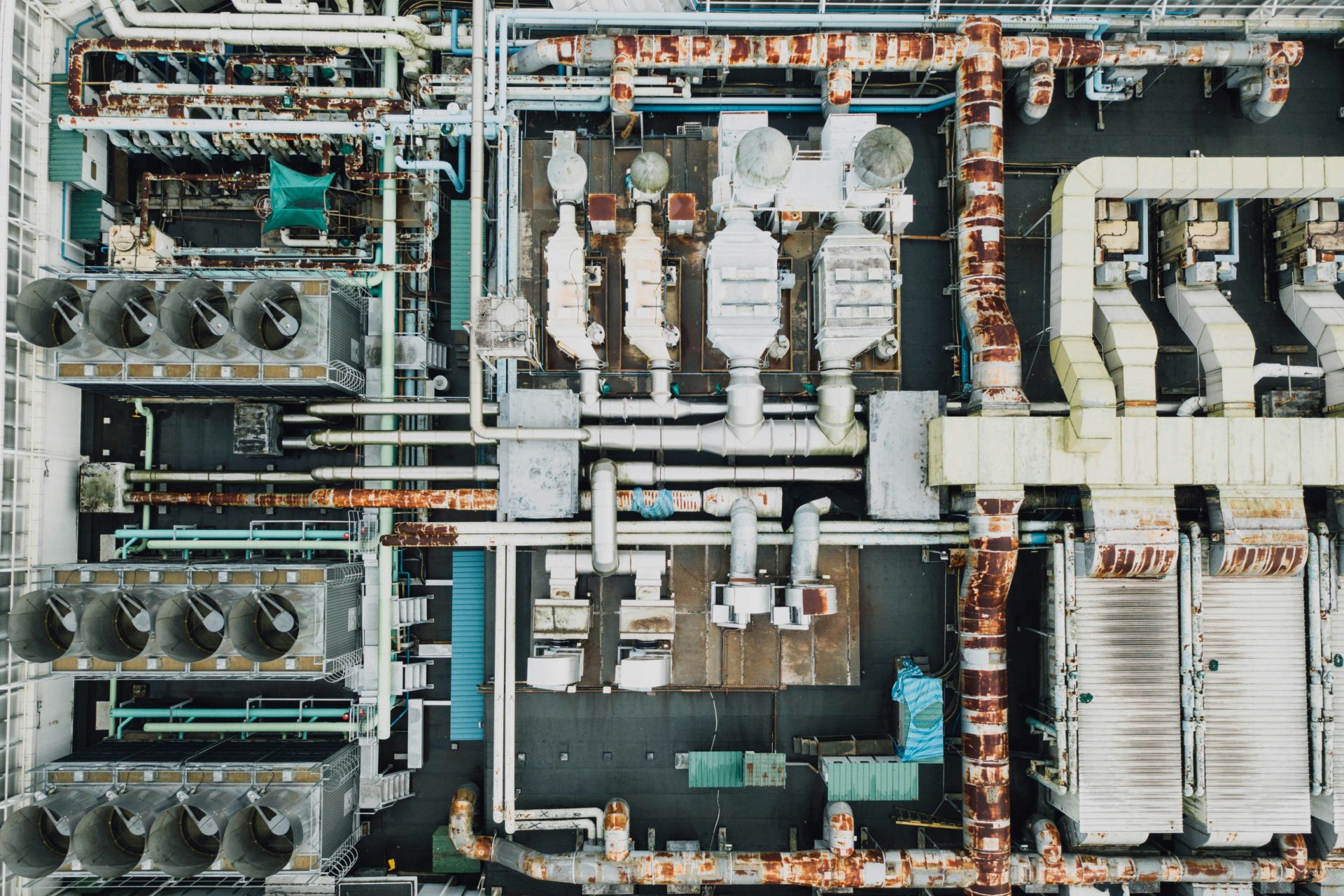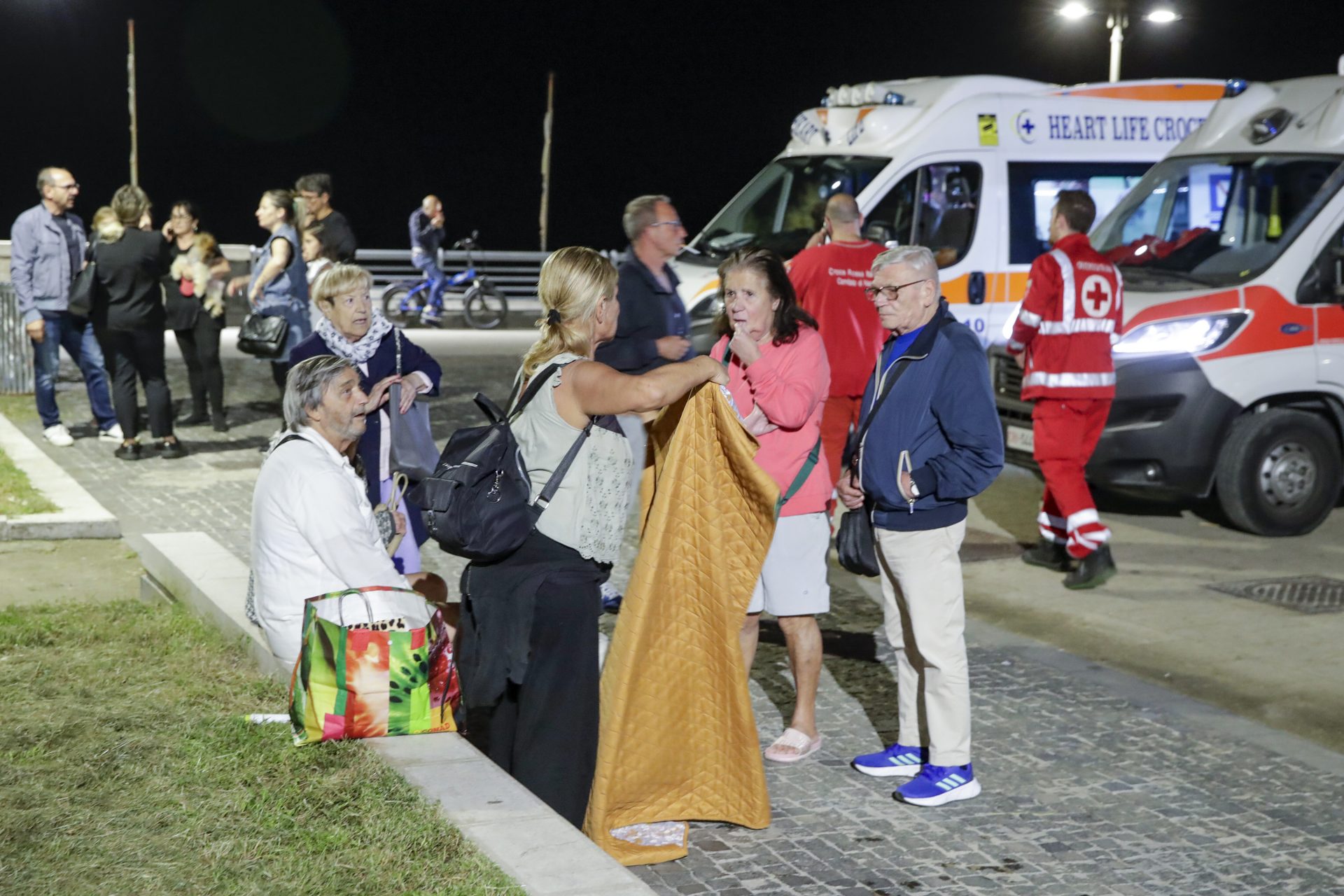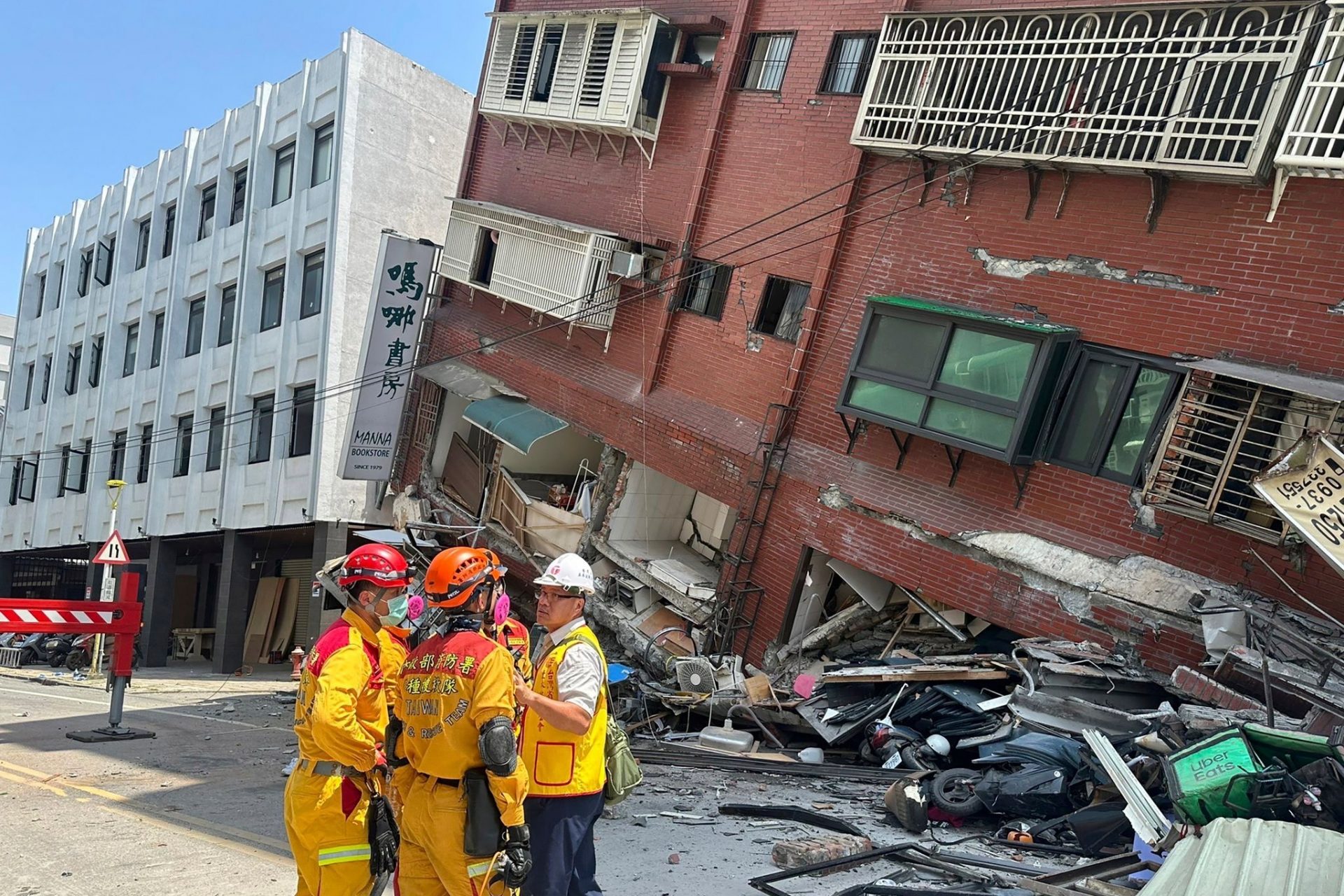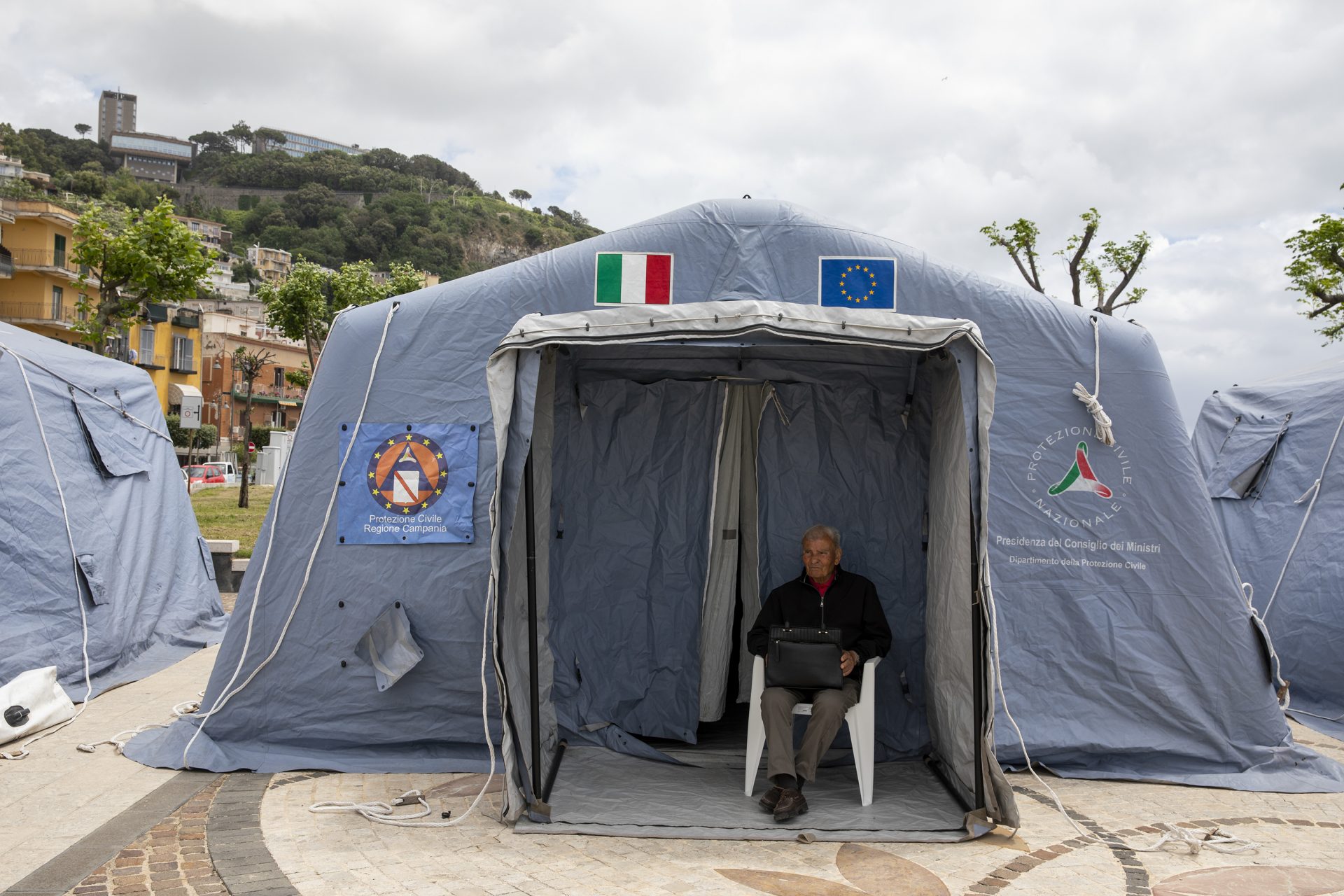What to do in case of an earthquake
An earthquake is one of the most unpredictable and devastating natural events experienced by man: in just a few seconds it can put the safety of any individual at risk, especially if you are locked in your home. Those who live in seismic areas know this well, where you can never be too prepared when the earth starts to shake.
Below you will find some recommendations to follow during the three phases (before, during and after) of the earthquake, reported on the Italian Civil Protection website.
In the photo, the seismic zone of Campi Flegrei, Naples
Living in seismic areas there are some precautionary measures that should be followed even before an earthquake occurs, first of all find out about the seismic classification of your municipality of residence.
Another crucial piece of information is knowing the location and operation of switches for gas, water and electricity systems. It is essential to know how to turn them off promptly to prevent greater damage.
Credit: iMattSmart on Unsplash
Also in this phase preceding the earthquake it is best to avoid placing heavy objects on high shelves as they could fall on you.
Credit: Unsplash
Keeping an emergency kit on hand containing a first aid kit, a flashlight and a battery-operated radio is also essential. Furthermore, it is good that every member of the family knows where the kit is located.
Outside the home context, such as at school or in the workplace, it is important to find out about any emergency plans prepared, so that you can follow them by collaborating if necessary.
Credit: Etienne Girardet on Unsplash
Let's move on to the second phase. If during an earthquake you find yourself in a closed place it is essential that you seek "shelter in the space of a door inserted in a load-bearing wall (the thicker ones) or under a beam", as suggested by the Civil Protection, in order to protect yourself from possible collapses. Avoid staying in the middle of the room.
Taking shelter under a table can also be a good solution, the important thing is to keep away from heavy objects that could fall on you.
During a strong earthquake it is advisable to avoid rushing towards the stairs, because they are often the most fragile part of a building and risk being damaged. Better to wait.
Also avoid rushing towards the elevator, which could become blocked or be damaged during the quake, thus preventing the people inside from escaping.
Credit: Derrick Treadwell on Unsplash
If, however, you find yourself locked in a car, avoid stopping near bridges or landslides as they could give way, just as it is preferable to stay away from beaches in case the earthquake is followed by a tsunami.
Another precaution suggested by the Civil Protection is to avoid approaching industrial plants or power lines, because accidents could occur.
Credit: CHUTTERSNAP on Unsplash
Limit phone use to keep phone lines free. The same also applies to the car: avoid using it in order to leave the roads free which, moreover, could have been damaged.
Credit: Jonas Leupe on Unsplash
Another precaution, once you leave the house or if you are in an outdoor place, is to avoid stopping near buildings from which tiles or pieces of balconies could fall and come off.
Once the earthquake is over, make sure the people around you are okay, so as to facilitate rescue operations. In the case of seriously injured people, avoid moving them, as you could aggravate their condition.
If you find yourself at home barefoot after the earthquake, be careful and wear shoes, as you may have to walk among broken glass and rubble.
Knowing what to do can be crucial to keeping yourself safe during a seismic event. It is also fair to say that, depending on the intensity of the phenomenon, the precautions adopted may, unfortunately, not always be sufficiently effective.
More for you
Top Stories




